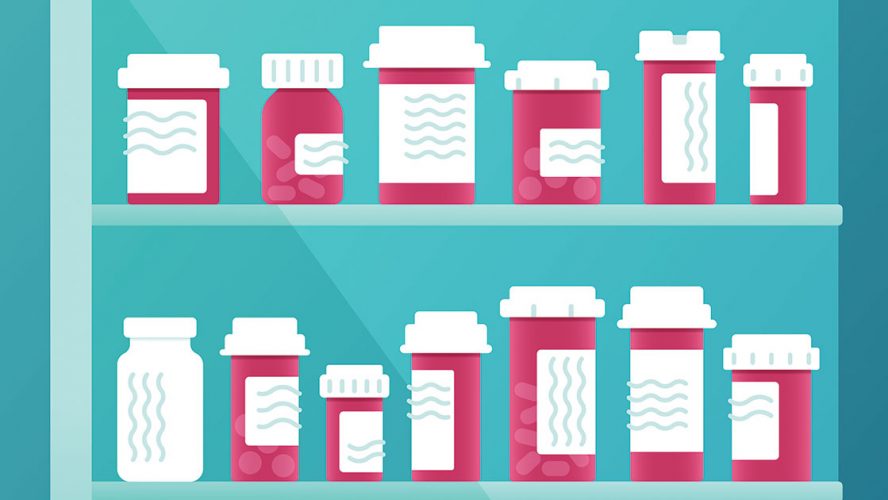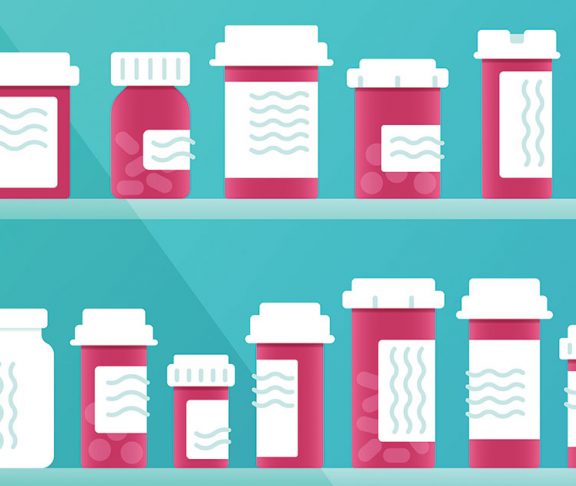There are three practical steps that parents can take to protect their families and communities.
Step 1: Monitor
How aware are you of the quantities of prescription medication that are currently in your home? Would you know if some of your pills were missing?
Start by taking note of how many pills are in each of your prescription bottles or pill packets, and keep track of refills. This goes for your own medicine, as well as prescriptions for your kids and other members of the household. If you find you need to refill your medicine more often than expected, that could indicate a problem.
If your child has been prescribed a medication, be sure you control the medicine, and monitor dosages and refills. You need to be especially vigilant with medicines that are known to be addictive and commonly misused by teens, such as opioids, benzodiazepines and stimulants.
Make sure your friends, parents of your child’s friends, neighbors and relatives — especially grandparents — are also aware of the risks. Encourage them to regularly monitor the medicines in their own homes.
Step 2: Secure
Approach securing your prescriptions the same way you would other valuables in your home, like jewelry or cash. There’s no shame in helping protect those items, and the same holds true for your medicine.
Take prescription medicines out of the medicine cabinet and secure them in a place only you know about. If possible, keep all medicines, both prescription and over-the-counter, in a safe place, such as a locked cabinet, that your teen cannot access.
Step 3: Dispose
Safely disposing of expired or unused medicine is a critical step in helping to protect your family and home, and helping to decrease the opportunity for your kids or their friends to misuse or abuse medicine.
The ideal way to do this is by participating in a safe drug-disposal program — either a drug take-back day, an ongoing program in your community, using at-home disposal products (like DisposeRx, Deterra, etc.) or visiting permanent kiosks and collection sites.

